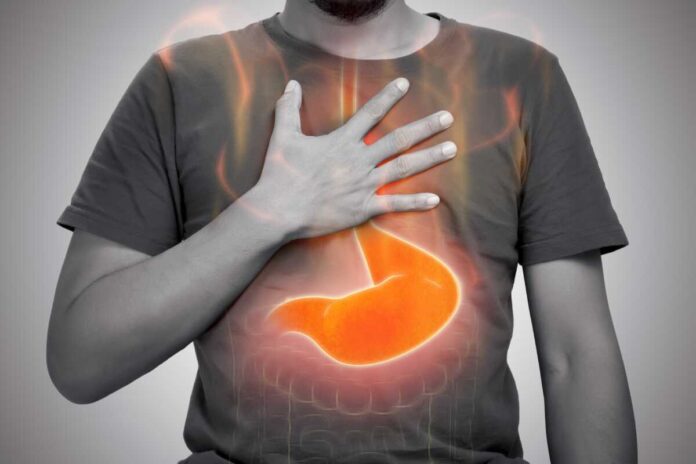
According to recent studies and surveys, stress may trigger heartburn and ignite acid reflux. This article examines the connection between stress and gastroesophageal reflux disease (GERD).
What Is The Connection?
Lifestyle factors play a vital role in how the disease affects each individual. According to a 2009 study looking at health surveys of over 40,000 Norwegians, it was discovered that people who reported work-related stress had a higher risk for GERD symptoms.
Another study published in Internal Medicine, which interviewed 12,653 people, discovered that almost half reported stress as the biggest factor that worsened symptoms, even while on medication.
Does Stress Really Make It Worse?
It’s still debatable whether or not stress can increase the production of stomach acid or physically create a worsening in acid. According to a 1993 study published in the American Journal of Gastroenterology, people with acid reflux who were stressed and anxious had more painful symptoms connected to acid reflux. However, no one showed an increase in gastric acid.
In another 2008 study, researchers discovered that exposing people with GERD to a stressful noise increased their symptoms by making them more sensitive to acid exposure.
Is It All In Your Head?
Multiple researchers believe that stress may cause changes in your brain that turn up pain receptors. This can make you physically more sensitive to slight increases in acid levels. Stress can also reduce the production of substances known as prostaglandins, which protect your stomach from the effects of acid.
The combination of stress and exhaustion could result in more body changes, leading to increased acid reflux. Regardless of what happens in the brain and body, those who experience acid reflux know that stress can make you feel uncomfortable, and it is crucial to treat lifestyle factors that can cause it to happen frequently.
What Can You Do?
There are multiple ways to manage the stress in your life to reduce your risk of acid reflux.
These include:
Exercise
Exercise loosens up tight muscles and releases natural, feel-good hormones. It can also help you lose weight, which reduces the pressure on your abdomen.
Avoid Trigger Foods
When you’re stressed, you must avoid heartburn-triggering foods like caffeine, chocolate, tomatoes, and fatty foods.
Get Enough Sleep
Sleep can help you reduce stress naturally, while less stress ensures you sleep better. To avoid heartburn symptoms while sleeping, keep your head elevated.
Conclusion
Researchers have discovered that increased stress could make your acid reflux worse. However, you can avoid this with regular exercise, avoiding trigger foods, and getting enough sleep.


















